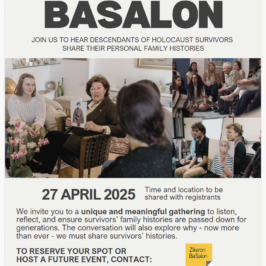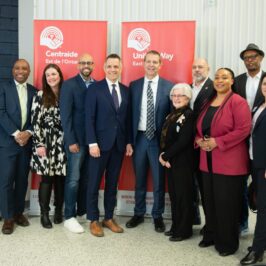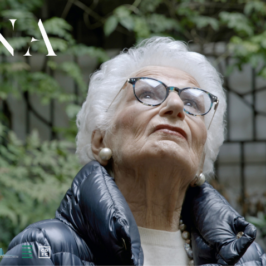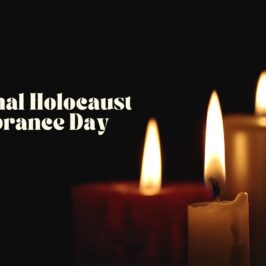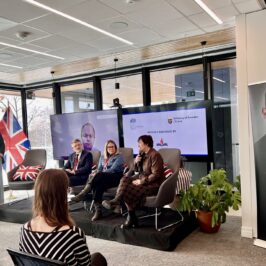By Benita Siemiatycki
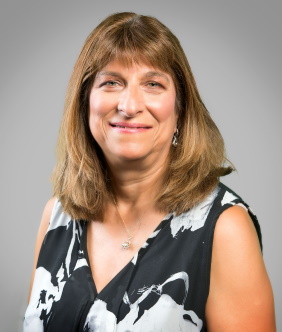
Building upon previous programs offered for descendants of survivors, this year CHES is proud to welcome writer Helen Epstein who will deliver a presentation entitled “The Shadow of the Holocaust on the Lives of Children of Survivors… Is it Possible to Move Beyond its Grip?” as part of Holocaust Education Month.
Epstein is the author, co-author, translator, or editor of ten books of narrative non-fiction and was the first tenured female journalism professor at New York University (1981). As a journalist, she has authored many articles featured in prominent publications. As there are declining numbers of survivors among us to share their stories, we are slowly transitioning from the age of witness to the age of memory.
Epstein first explored the world of children of survivors over 40 years ago when she traveled throughout Israel, Europe, and the United States searching for young people like herself. What did these children of survivors have in common? Could she relate to their experiences growing up? The inter-continental research resulted in her book, Children of the Holocaust (1979). “I set out to find a group of people, who, like me, were possessed by a history they had never lived,” she says.
Children of the Holocaust became the seminal piece of research and analysis which started the conversation about generational trauma and how survivors’ experiences came to be transmitted to their children. “The transmission of trauma is part of a larger question: the inter-generational transmission of culture and history,” Epstein says. “Each person deals with it in their own way and there are many variations.”
Following the death of her mother in 1989, Epstein started to research her family’s pre-Holocaust history which resulted in Where She Came From: A Daughter’s Search for Her Mother’s History (1997) about which the late Elie Wiesel said: “Helen Epstein’s literary pilgrimage to her past will move and enrich our quest for memory and understanding.” Earlier this year she published her late mother, Franci Rabinek Epstein’s memoir, Franci’s War.
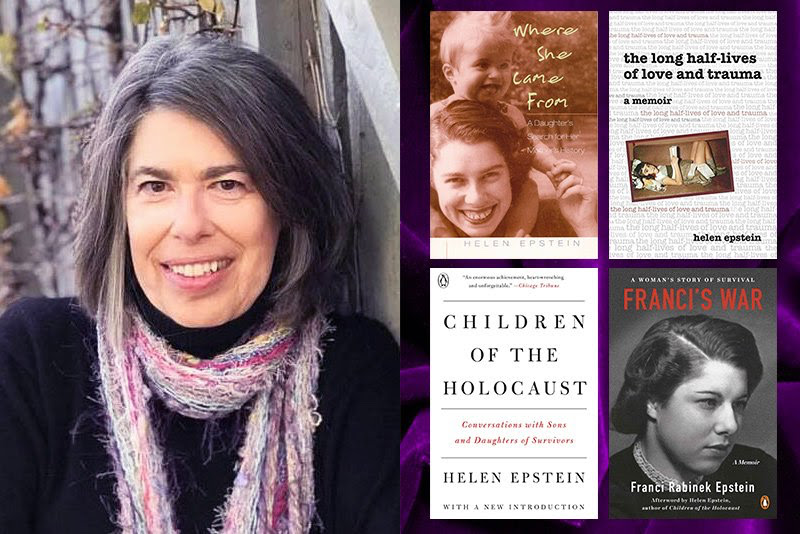
Asked if it was hard work or luck that helped her to research her mother’s history in the Czech Republic, Epstein says: “I was lucky to have a very special set of variables in my life that allowed me to explore this topic early on. In no particular order: I had two parents who had returned to their country and pre-war lives after 1945. They were not estranged from their history; they re-integrated into the Czech society of Prague which they loved and fled only because of the Communist takeover in 1948.”
Her presentation will shine a light on her family history, on intergenerational trauma, and the need of children of survivors to understand their history. For children of Holocaust survivors, understanding the transmission of trauma from their heroic parents can perhaps answer some self-reflective questions which have dogged them their entire lives. “Each person deals with trauma in their own way and there are many variations,” she says.
While her presentation is aimed at our 2nd and 3rd Generation of Holocaust survivors, it will be of general interest. We are currently discovering gruesome facts about Canada’s role in the intended cultural decimation of First Nations and the subsequent impact on their descendants. Around the world since the Holocaust, genocides continue to take place. Antisemitic incidents in Canada continue to rise, and Jewish students in public schools are facing a barrage of bullying to the point that many are switching to schools with higher Jewish populations.
The evening will open with a short presentation by Chaim Katz, a PhD student at the University of Toronto and a grandson of survivors. He has been involved in many aspects of student life on campus and shared his story and message at the Emergency Summit on Antisemitism. Much of this advocacy has brought Chaim into roles for Jewish student life and collaborating with various Jewish groups on and off-campus. He knows full well what antisemitism can lead to if ignored. Chaim will share his personal story and impressions of Jewish students and the antisemitism on university campuses today.
For information and registration visit https://bit.ly/CHESnov14

